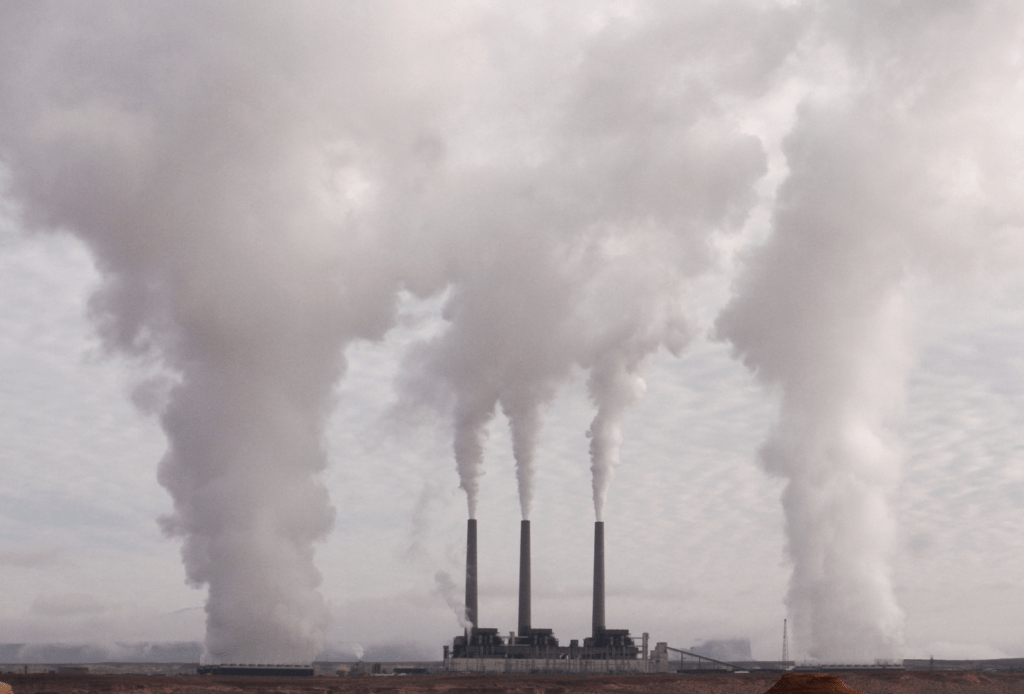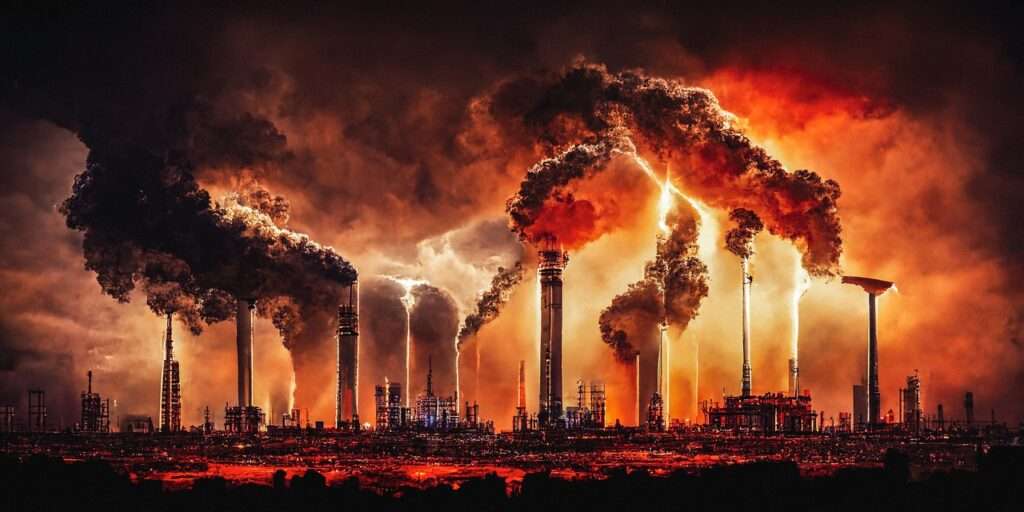Air pollution is one of the most noteworthy ecological issues affecting people worldwide. According to the World Health Organization (WHO), air pollution eradicates an estimated 7 million people yearly. The characteristic of the air we inhale is critical for our health and welfare. It is vital to know the different types of air contaminants, their foundations, and how to find the best air quality around our planet Earth.
Types of Air Pollutants
Air contaminants can be categorised into two classes: primary and secondary. Primary pollutants are directly produced into the atmosphere, such as nitrogen oxides, sulphur oxides, carbon monoxide and particulate matter. Secondary contaminants are created through chemical reactions between primary pollutants and other matters, such as acid rain and ozone.
Sources of Air Pollution
The bases of air pollution can be both biological and human made. Natural sources such as volcanic outbreaks, wildfires, and dust storms. Human-made sources would include emissions from vehicles, factories, power plants, and construction sites. Indoor air pollution can also be a significant source of air pollution, particularly in developing countries where cooking with solid fuels such as wood and coal is common.

Finding the Best Air Quality
The quality of the air we breathe can vary significantly depending on where we are in the world. Air quality is measured using the Air Quality Index (AQI), which ranges from 0 to 500. An AQI value of 0-50 is considered good, 51-100 is sensible, 101-150 is unhealthy for sensitive people, 151-200 is unhealthy, 201-300 is very unhealthy, and 301-500 is dangerous.
Many websites provide real-time air quality feed from around the world. The most well-known is the World Air Quality Index scheme, which offers data from over 100 nations. Other sites include Air Now and IQ Air. Smartphone apps such as AirVisual and Atmotube also deliver real-time air quality data and alerts.
Ways to Improve Air Quality
Refining air quality involves action from governments. Implementing policies to reduce emissions from factories and power plants, promote clean energy, and invest in public transport and offer to help buy schemes such as solar panels.
In conclusion, air pollution is a global concern that affects the health and well-being of people around the world. Knowing the diverse types of air pollutants, their sources, and how to find the best air quality can help people make informed choices about their health and well-being. Taking steps to reduce air pollution is critical to ensure a healthy future for everyone.
References:
World Health Organisation. (2018). https://www.who.int/news-room/q-a-detail/ambient-air
Environmental Protection Agency. (2022). Air quality index (AQI) basics
For more interesting articles, browse here.

